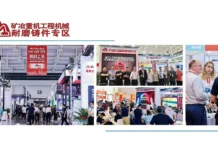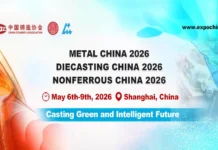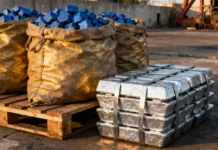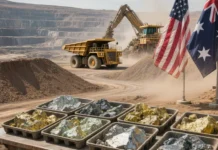In a recent move, China and Germany have rapidly moved to mend the trade tensions that rose after Beijing restricted the exports of its rare earths and chips. These disruptions have indeed snarled the German production lines and also prompted calls to go ahead and de-risk the supply chains. Chinese Premier Li Qiang went on to meet Friedrich Merz, the German Chancellor, on the sidelines of the G20 summit that took place in South Africa, pitching a much closer collaboration when it comes to strategic industries such as new energy, hydrogen technology, biomedicine, and smart manufacturing, as well as intelligent driving. Lars Klingbeil, the German finance minister, and also top diplomat Johann Wadephul have also started again a high-level dialogue along with their Chinese counterparts.
It is well to be noted that China is the top European trade partner of Germany, with German auto, chemical, and pharmaceutical firms pretty heavily dependent on the Chinese markets.
The Reason It Matters
Rare earths, along with other strategic components, are indeed quite critical to international high-tech as well as industrial production. The curbs from China on exports earlier in 2025 went on to reveal the vulnerabilities in the manufacturing base of Germany, including the likes of automobiles as well as electronics, and highlighted the reliance of Europe when it comes to Chinese supply chains. Restoring the dialogue signals the willingness of Beijing to once again stabilize the industrial flows while at the same time, asserting its role as a major global supplier. As for Germany, balancing the economic dependence on China due to political pressure coming from allies such as the U.S. underlines the ongoing challenge in terms of managing strategic supply risks but without alienating a major trading partner.
The German industry, especially the automakers, pharmaceuticals, and chemicals, as well as advanced manufacturing, sure benefits directly due to the eased export controls. German policymakers, who are led by Chancellor Merz as well as Klingbeil, the finance minister, are as a matter of fact focused on securing dependable access to rare earths as well as high-tech inputs while at the same time also navigating tensions that are arising from a geopolitical perspective. The government of China as well as the state-backed firms look to maintain Germany as the top European market as well as investor, therefore making utmost use of the bilateral ties in order to offset the U.S. trade as well as technology pressure.
It is worth noting that the European Union observes quite closely given the implications for much broader supply-chain strategies along with collective European responses to the industrial policies from China.
So, what lies ahead?
In days to come, German Chancellor Merz might make a visit to China to meet up with President Xi Jinping, as the diplomatic channels along with Foreign Minister Wadephul are restarting again. Both the countries are most likely to deepen the engagement within the strategic industries in order to decrease the bottlenecks when it comes to rare earths and chips, along with other emerging technology sectors. Germany is going to continue to balance its economic pragmatism with pressure coming from the EU allies as well as the U.S. on issues such as industrial subsidies, human rights, and, of course, supply-chain resilience. China may as well push for policy alignment or a much-decreased interference pertaining to geopolitical matters as one of the preconditions so as to set a tone of deeper cooperation.






















